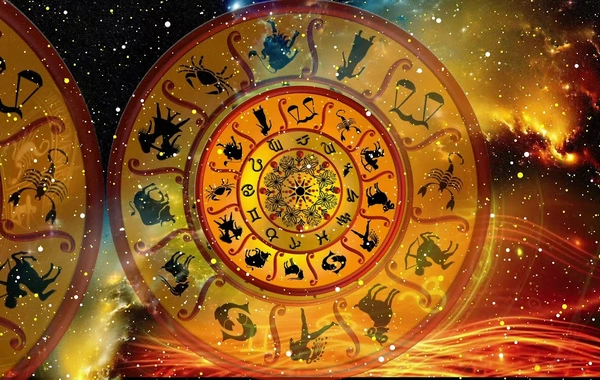Doctor explained why it's impossible to eat just a few chips and stop

Why are we so drawn to salty foods? How does salt affect our body? And do salty products really cause true addiction? Child endocrinologist and nutritionist Daria Khaikina answered these intriguing questions in an interview with "Gazeta.Ru".
"Have you ever wondered why salt is so addictive? For example, a bag of chips. It's practically impossible to eat just a couple of chips and stop. You want to eat the whole bag," Khaikina shared her observation.
According to the expert, salt is a fundamental need of our body. Sodium chloride (NaCl) contains sodium - a vital element that ensures the maintenance of water-salt balance, transmission of nerve impulses, and normal functioning of muscle tissue. Sodium plays a key role in regulating blood pressure and transporting nutrients into cells. With sodium deficiency, symptoms such as weakness, dizziness, and confusion may occur - and the body will signal the need to consume salty food in all available ways.

"But to maintain vital functions in the body, we need very little salt. We need about 1.5 g of sodium per day, which is equivalent to approximately 3.8 g of salt (NaCl). However, the WHO recommends not exceeding 5 g of salt per day (approximately one teaspoon) to reduce the risk of hypertension, stroke, and cardiovascular diseases. But can an adult limit themselves to just one teaspoon? Considering that salt is in almost all food products. Therefore, the average person consumes 9-12 g of salt per day - twice the norm. But that's not all," the specialist emphasized.
The medical expert noted that salt really does cause addiction, and this is a scientifically proven fact. In a study published in The Journal of Neuroscience (2008), it was demonstrated that salt can cause addiction comparable to the effect of nicotine or cocaine. People who followed a salt-free diet for a long time characterized salty food as "extraordinarily delicious." What mechanisms underlie this phenomenon?
"When you eat something salty, the brain's dopamine system is activated - the same one that is triggered by sugar, sex, or games. This causes pleasant emotions and forms a behavioral pattern: food = joy. You'll agree, no one wants to deprive themselves of joy?" Khaikina explained.
Additionally, according to the specialist, chronic stress significantly increases cravings for salty products. Elevated levels of cortisol (the stress hormone) stimulate the desire to consume salty food. This is explained by salt's ability to reduce the activity of the hypothalamic-pituitary-adrenal axis, which leads to some weakening of the body's stress response.
"Interestingly, in 2020, experiments were conducted on mice that showed salt consumption reduces anxiety levels. In humans, such effects have not yet been fully confirmed, but the connection between chronic stress and increased salt consumption has been established since 2011," the doctor added.
The expert also noted that salt not only improves the taste of food but also masks the fattiness of products while simultaneously stimulating appetite. The combination of salt and fat creates one of the most powerful food addictions. This explains the difficulty in stopping after eating a handful of salted nuts or french fries. Moreover, high salt content in food reduces the sensitivity of satiety receptors, which leads to continued eating even after feeling full.
"The love for salty food is not a whim, but the result of physiological and neurochemical processes. But it's important to remember: like all good things, salt should be consumed in moderation. If you feel a constant craving for salty foods - perhaps you should check your blood sodium levels, and also consider whether stress or fatigue might be behind it," the specialist concluded.
Similar News
2 zodiac signs that receive a second chance from fate in everything
Sometimes life seems to give someone a head start - a chance to correct a mistake, change path, or try everything anew. Astrologers believe there are two zodiac...




 Azərbaycanca
Azərbaycanca  По-русски
По-русски  English
English 





